From the roaring stadiums of England to the vibrant pitches of Europe and beyond, football’s luminaries extend far beyond the dazzling feet of its greatest players. Legendary football managers have crafted dynasties and philosophies that reshaped the sport, leaving timeless legacies that echo through history. Their vision, leadership, and passion have inspired generations and transformed clubs into global icons. Here’s a closer look at some of these titans who truly changed the beautiful game forever.
The Architects Of Total Football

No discussion of legendary managers is complete without mentioning Rinus Michels, the Dutch mastermind behind ‘Total Football’. Taking the helm at Ajax in the late 1960s, Michels unleashed a tactical revolution by urging players to interchange positions seamlessly, blurring the lines of rigid formations. Under his guidance, Ajax clinched multiple Dutch titles and the much-coveted European Cup in 1971.
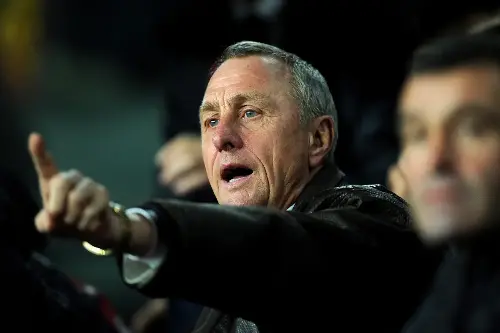
Michels’ genius didn’t stop at club level. He translated his philosophy onto the international stage, guiding the Netherlands to the 1974 World Cup final and winning the 1988 European Championship. His protégé, Johan Cruyff, would later take these principles to even greater heights at Barcelona, nurturing La Masia’s talent and setting the template for tiki-taka football. Today, much of modern football’s emphasis on possession, pressing, and fluid movement can be traced back to this Dutch duo.
The Era Of Invincibles And Red Dynasties

Sir Alex Ferguson stands as perhaps the most decorated football manager in the history of English football. Taking over Manchester United in 1986, Ferguson was relentless in pursuit of excellence, transforming the club from sleeping giant into a global powerhouse. Over 26 years, he amassed 13 Premier League titles, five FA Cups, and two UEFA Champions League trophies.
Ferguson’s brilliance lay not just in his tactical nous, but his uncanny ability to rebuild winning teams across decades. From the iconic ‘Class of ’92’ to the treble winners of 1999, Ferguson’s man-management skills made legends of players like David Beckham, Ryan Giggs, and Cristiano Ronaldo. His fiery sideline presence, aptly dubbed the ‘hairdryer treatment’, became part of football folklore.
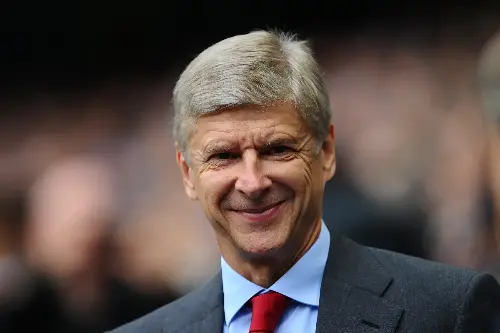
In North London, Arsène Wenger arrived at Arsenal in 1996 with an appetite for innovation. The Frenchman revolutionised dietary habits, training methods, and scouting systems. Most memorably, he orchestrated the ‘Invincibles’ season of 2003-04, guiding Arsenal through an unbeaten league campaign—a feat unmatched in the Premier League era. Wenger’s legacy also includes nurturing talents like Thierry Henry and Patrick Vieira, while championing beautiful, attacking football.
Masters Of Strategy And Discipline

Italian football has long been associated with tactical mastery, embodied by managers such as Arrigo Sacchi and Giovanni Trapattoni. Sacchi’s AC Milan side of the late 1980s dazzled Europe with a high-pressing, organised style that deviated from Italy’s famous defensive ‘catenaccio’. Relying on a formidable backline—featuring legends like Franco Baresi and Paolo Maldini—Sacchi’s Milan won back-to-back European Cups in 1989 and 1990. His mantra “a team is not a mere sum of individuals” still resonates today.
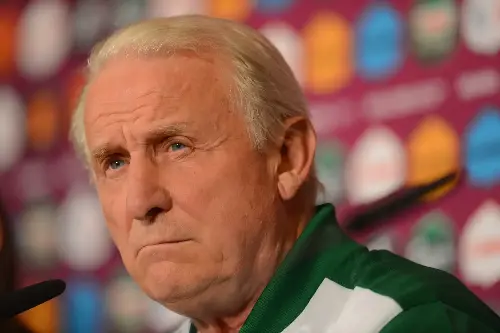
Giovanni Trapattoni, one of the most successful managers in Serie A history, claimed titles with both Juventus and Inter Milan. His pragmatic yet effective approach underlined the importance of organisation and discipline. Trapattoni’s teams were known for their resilience and collective strength, qualities that shaped Italian football’s global reputation.
Empires Built Far From Home

Some managers etched their names in history not with their native countries, but by creating dynasties abroad. Helenio Herrera, the Argentine-French tactician, made Inter Milan the dominant force of Europe in the 1960s. Nicknamed ‘Il Mago’ (The Wizard), Herrera introduced psychological motivation, strict discipline, and his own version of catenaccio. With back-to-back European Cup wins and three Serie A titles, Herrera’s Inter became synonymous with defensive solidity and lightning-fast counter-attacks.
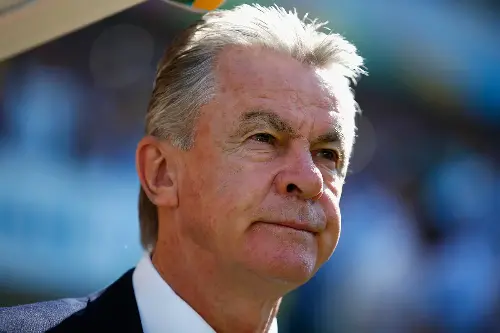
Elsewhere, Ottmar Hitzfeld and Jupp Heynckes elevated German football. Hitzfeld led Borussia Dortmund and Bayern Munich to Champions League triumphs, while Heynckes achieved a historic treble with Bayern in 2013. Both left a mark through emphasising tactical adaptability and championing youth development.
The New Wave: Innovators In The Modern Era
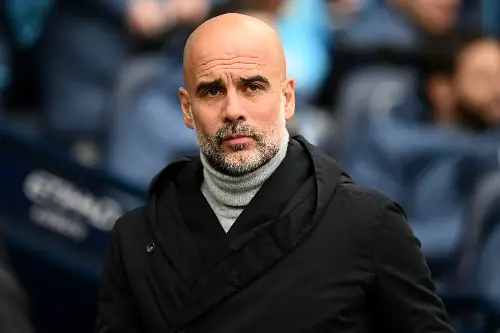
The modern era, too, has its fair share of managerial magicians. Pep Guardiola, a Cruyff disciple, revolutionised FC Barcelona with his tiki-taka system. Guardiola’s Barcelona swept all before them, winning a historic sextuple in 2009, and redefining pressing and passing in the process. His subsequent spells with Bayern Munich and Manchester City have further cemented his reputation as a tactical genius who prizes positional play and relentless innovation.
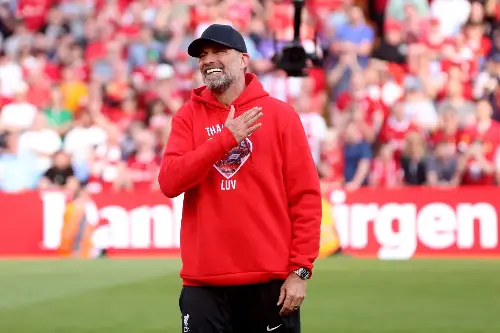
Jürgen Klopp injected fresh energy and passion into Liverpool, transforming a club starved of major trophies into European and Premier League champions once more. Klopp’s high-octane ‘gegenpressing’ style brought out the best in players and revived the famous Anfield spirit, culminating in a sixth Champions League title in 2019 and their long-awaited Premier League triumph in 2020.
Lasting Influence And Lessons Learned
What sets these legendary managers apart is not just their glittering trophy cabinets, but the lasting impact of their ideas. They were visionaries who saw football as more than just a 90-minute game. They instilled values of teamwork, discipline, and innovation, leaving behind blueprints that outlive their own careers.
From changing training methods and dietary routines to pioneering youth academies and data analytics, their innovations have woven themselves into the fabric of the sport. Teams across the globe still borrow from their playbooks, whether it’s pressing, building from the back, or focusing on player psychology.
The stories of these iconic figures are a reminder that behind every great football dynasty, there is a manager whose courage, innovation, and leadership shapes history. As the sport continues to evolve, the blueprint left by these managers ensures that their impact—and the dynasties they built—will never be forgotten.
